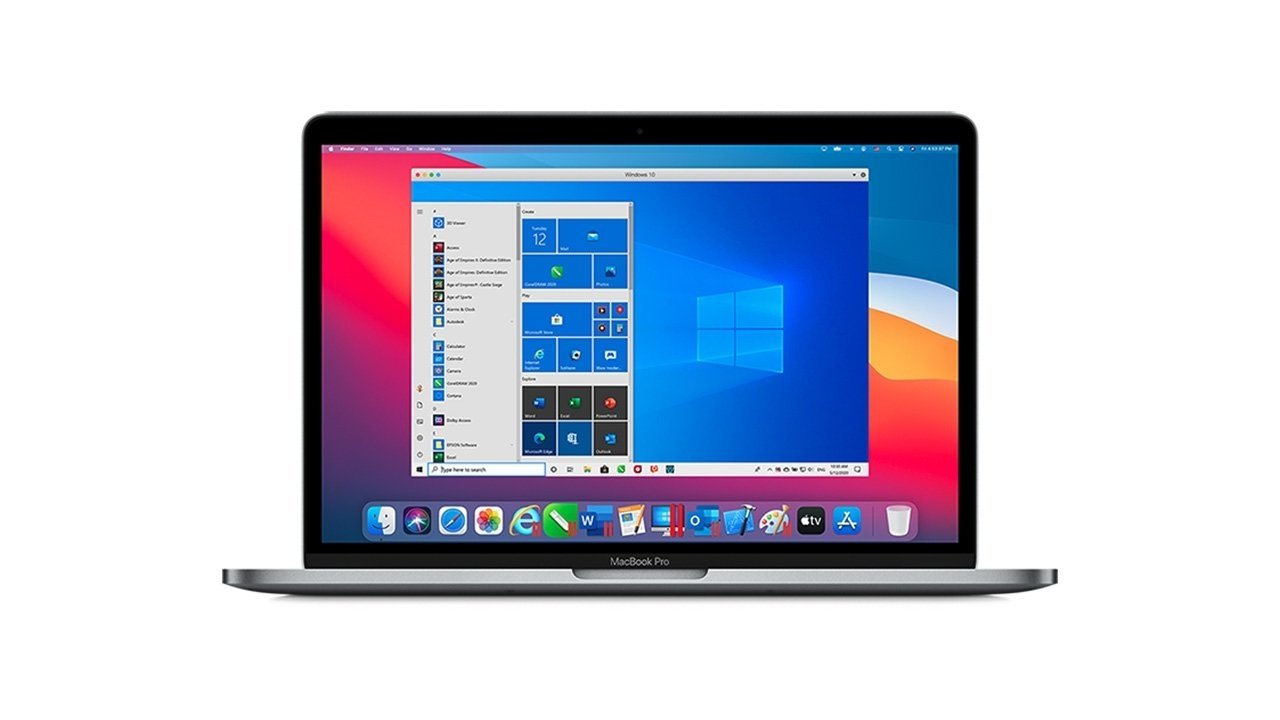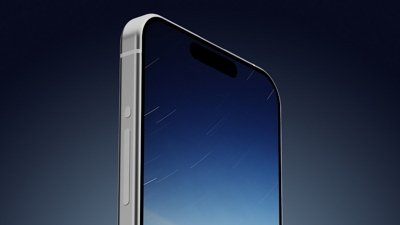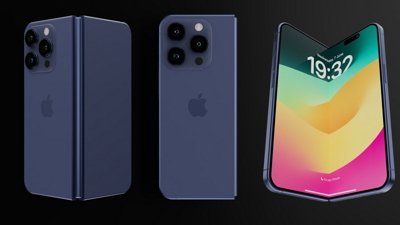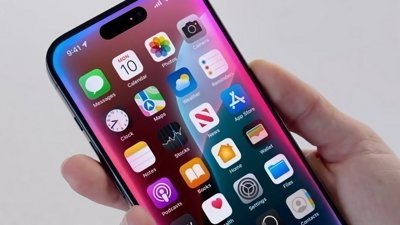Microsoft poured cold water on hopes that its Windows on ARM solution will one day support Apple Silicon, saying that running ARM versions of Windows 11 on M1 Macs is not "a supported scenario."
The software giant confirmed its plans to The Register last week, noting Windows 11 will not offer official support for M1 Macs through virtualization or on bare hardware. Microsoft did not go so far as to say the practice is illegal, but the statement puts a damper on the deployment of sanctioned VMs with full backing from the developer.
For months, users have relied on Windows Insider builds, specifically those developed for ARM architectures, to run Windows 10 and 11 virtual machines on M1 silicon. That solution might also be in jeopardy.
As the publication reports, recent updates to a developer channel Windows Insider build of Windows 11 have resulted in hardware compatibility errors on Parallels VMs. Parallels pushed out a point update that seemingly fixed the issue, but whether the patch will hold remains unclear. Microsoft could be exploring ways to break compatibility with what it now deems "unsupported scenarios" in attempts to end Windows 11 VMs on Apple devices, a move that could result in a game of cat and mouse with virtualization makers.
Parallels leaned on Microsoft's Windows Inside builds to introduce support for VMs on ARM hardware in April. Capabilities were extended to Windows 11 with the release of Parallels 17 in August, with the company promising full support for the operating system when it launches in October.
VMware, which markets another leading virtualization solution, is taking a different route. The company issued a private beta of VMware Fusion last week without official support for Windows on ARM builds, citing a lack of clarity on the subject in Microsoft's end-user license agreement.
Blogger Paul Thurrott, who spotted the report on Monday, said a source expected Microsoft to announce support for M1 Macs in September. That declaration now appears unlikely.
Apple is well into a hardware transition that aims to replace Intel processors with its own in-house designed silicon. So far, the tech giant has moved the 13-inch MacBook Pro, MacBook Air, Mac mini and 24-inch iMac to M1. The 14-inch MacBook Pro and 16-inch MacBook Pro are expected to receive the same treatment before year's end.
 Mikey Campbell
Mikey Campbell




-xl-m.jpg)


-m.jpg)






 Malcolm Owen
Malcolm Owen
 William Gallagher
William Gallagher

 Amber Neely
Amber Neely
 Andrew Orr
Andrew Orr










51 Comments
'Not supporting' isn't as bad as declaring it illegal I'd have thought.
Isn't Microsoft's main reason for existence the creation of operating systems for other people's hardware?
Has Microsoft ever said on the record that Windows is "supported" on Macs?
Apple could fix this by releasing new x86-based macs. But that’s an unlikely scenario. that being said, it’s not in Microsoft’s best interests (i.e., growing the PC ecosystem) to support M1 macs.
Microsoft, a private entity, can't declare anything illegal. They can take a position that a practice is in violation of their license agreement for Windows 10/11, but until a court rules on the matter, one can't make a statement on whether the practice is actually illegal.
So the question is: Does the Windows 10/11 license explicitly forbid certain types of virtualization, and if yes, is that prohibition defined in a way that clearly encapsulates running Windows 10/11 (ARM version) on a Mac M(x) chip?
Or: Are they just saying that it's unsupported, they're not going to promise it works, and Microsoft Tech Support won't help you if you do it?
Those are two very different positions. The second is, IMHO, perfectly reasonable, even if I think it's a bad move long term for Microsoft to shut themselves out of an entire hardware platform, and certainly not a good look for them.
The first position starts to look more dubious if they're specifically going out of their way to break Windows' ability to function on the M(x) chips. That starts to look like Microsoft forcing you to buy a preferred partner vendor's (Intel's) hardware to run their software product, when it would otherwise work on a non-preferred vendor's hardware (Apple). But, we don't have enough information to really make a determition about whether that's happening or not, IMHO.